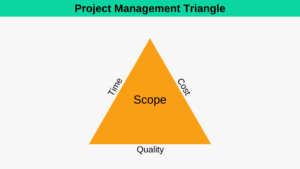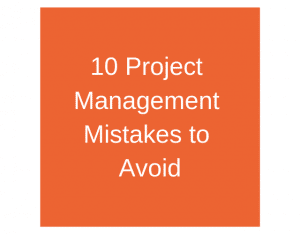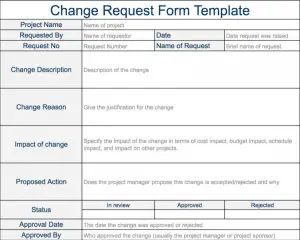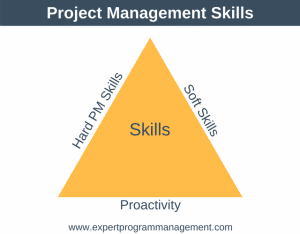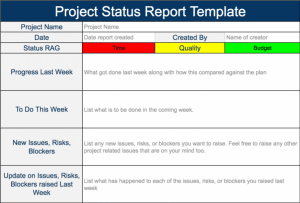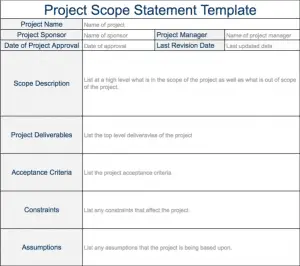For the past three months I’ve been mentoring to two relatively new project managers within our organization. It has been a rewarding experience to watch them develop, and along the way I’ve learnt a thing or two as well.
One thing I’ve noticed is a tendency for these new project managers to jump in too quickly in the details and attempt to create complex models in order to explain why things have gone wrong or are going wrong. That’s why for the past few weeks I’ve been encouraging them to forget the complex models for now, and instead concentrate on doing the basics well. With that, here are some project management basics not to forget:
1. Keep Communication Models Up to Date
During the execution of a project individuals working on the project can change. In addition to this, functions with the overall organization can change shape or disappear while you’re running your project.
Given this, it is important to regularly spend time understanding not just which individuals are changing within the project, but also how the organization is changing around your project. Keep yourself up to date with organizational changes and reach out to those new individuals who may well need to become stakeholders of the project in some form. Failure to monitor and change your communication could result in project failure as significant stakeholders may be absent from the decision making process.
2. Get Senior Management Buy-in
Spend time not just winning senior management buy-in at the beginning of the project, but on maintaining it throughout the project. Senior management can be a valuable source of guidance as you run the project, so it can be a good idea to regularly gather them together to review your progress, your plans, and your concerns. In this way senior management can regularly calibrate the direction of your project to ensure it stays on course.
3. Focus on Stakeholder Management
Have you even run a project that met it’s objectives in terms to time, quality, budget etc and yet was still considered a failure? Have you ever run a project that went over budget and was considered a failure? What’s important is that how the project is viewed is a matter of perspective, or opinion. It could be argued that in both these cases it was the project manager’s failure to successfully management stakeholder expectations that caused the projects to be considered failures.
It is thus important to manage stakeholders and their expectations from the outset of the project. Talk to all stakeholders up front and work with them to embed their communication needs and win conditions into the project. Continue to focus on stakeholders throughout the project.
4. Focus on Monitoring
Quite simply, the sooner you know something is wrong the sooner you can do something about it. With that in mind don’t just monitor deliverables but monitor your monitoring to ensure it is giving you the right information at the right time. Plan to make constant improvements to your monitoring over the course of the project.
5. Look After your Team
In my experience a good team will deliver no matter what the obstacles in their way, whereas a bad team will constantly fail no matter now clear the path to success. You should aim to make sure you have the right people in your project from the beginning. Once the team is in place, look after them. Ensure that they aren’t working overtime/weekends as normal practice. Let them see that you are keeping management off their backs so they can get on with their jobs. This will build trust. Look after your team and they will look after you. Celebrate your minor successes to maintain and build team spirit.
Conclusion
When tennis players, rugby teams, and other sports people fall behind in games you will often hear it said they need to regroup and start to focus on getting the basics right. The same principle can be equally true in project management. If you have senior management buy in, you’re managing your stakeholders, communicating to the right people, looking after your team, and you have the right information you need to run the project, then you’re on a good path with your project. Remember the following mantra: when things get too complex, go back to basics.
* Image by DailyPic

